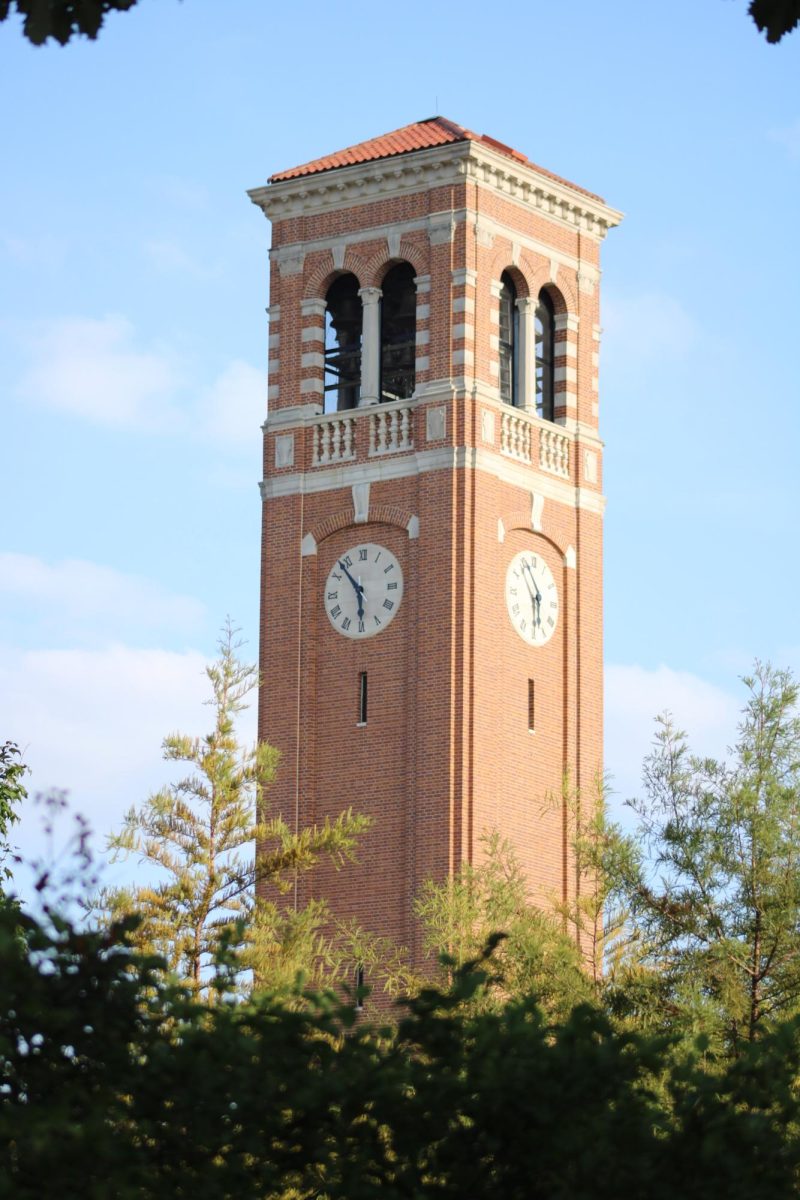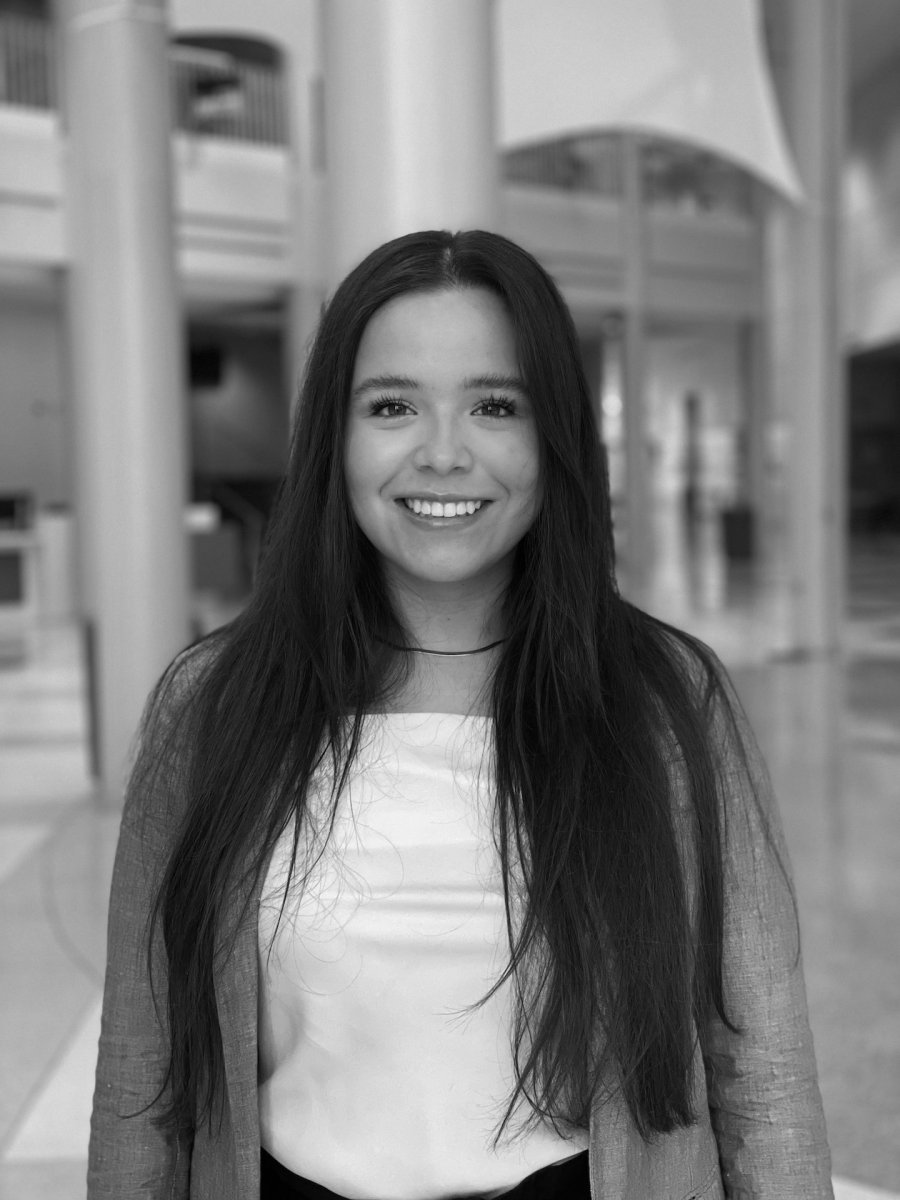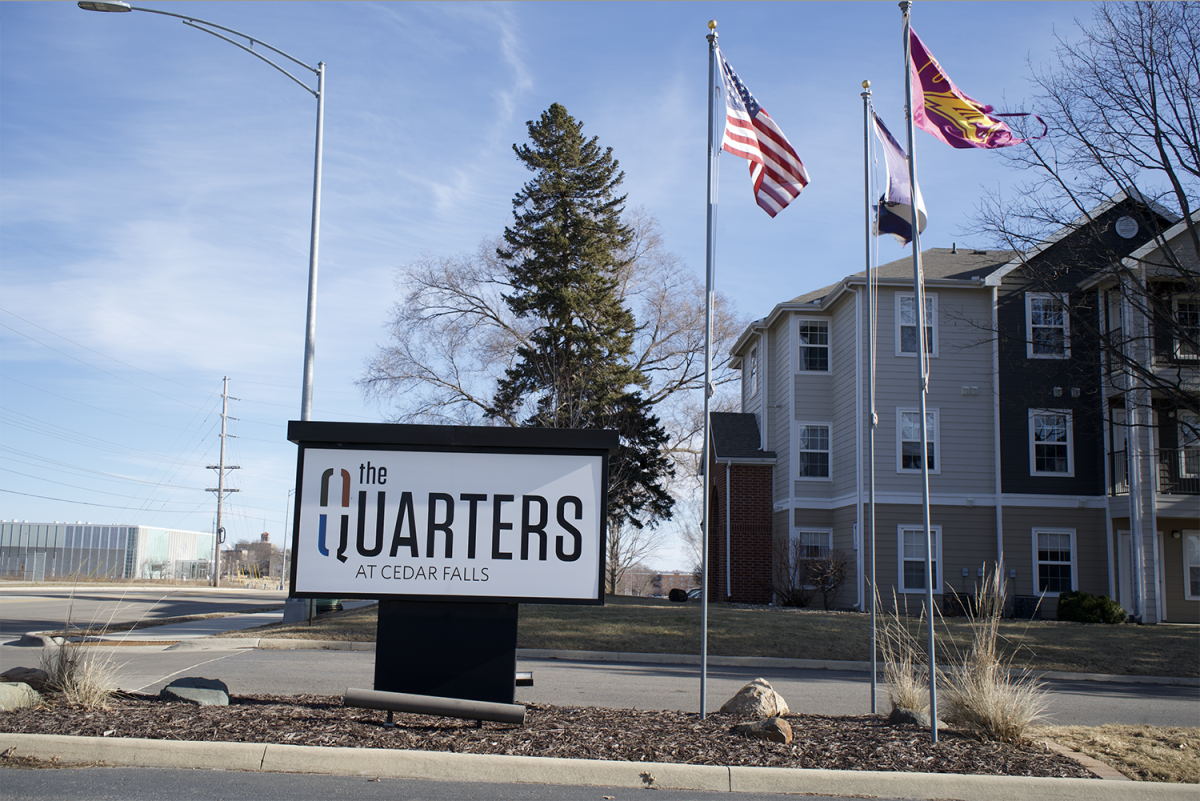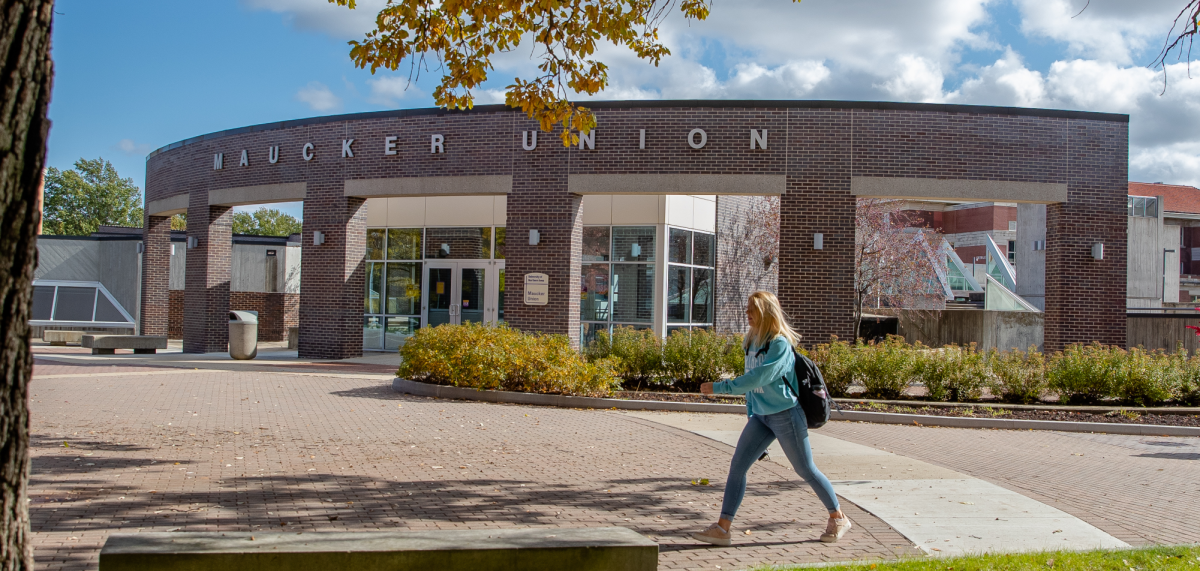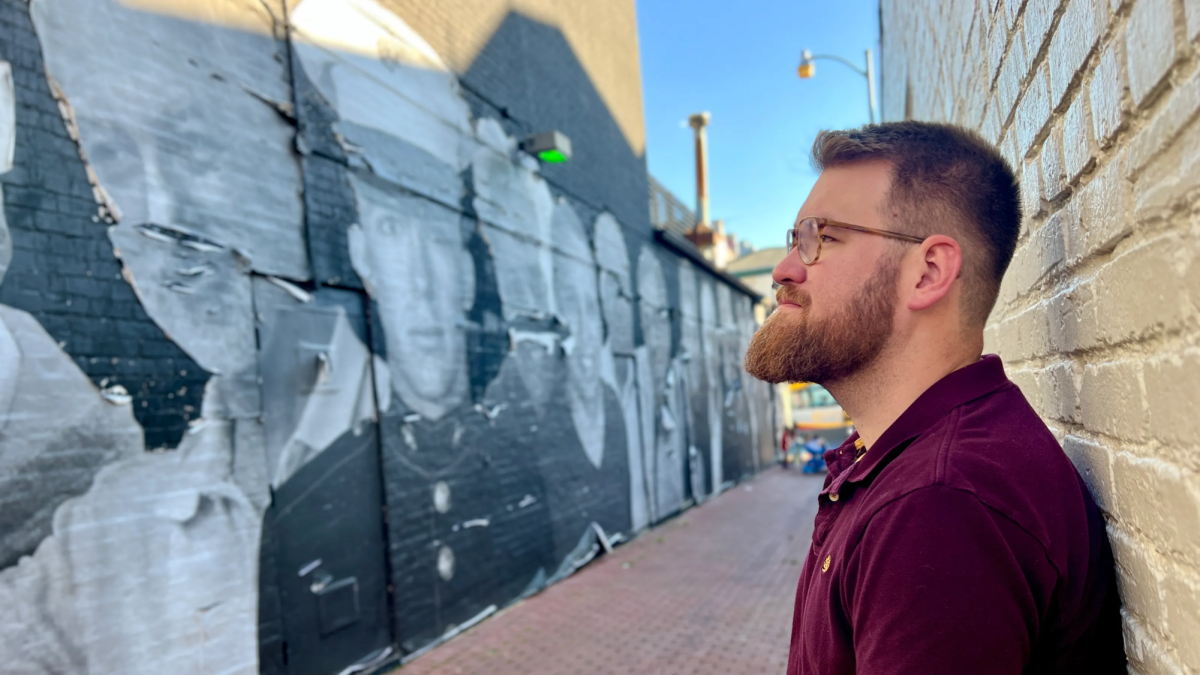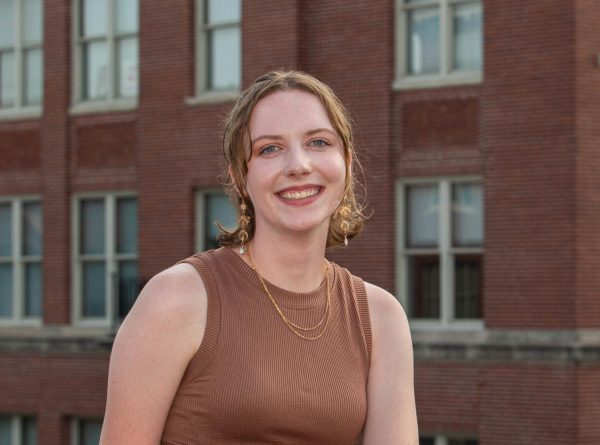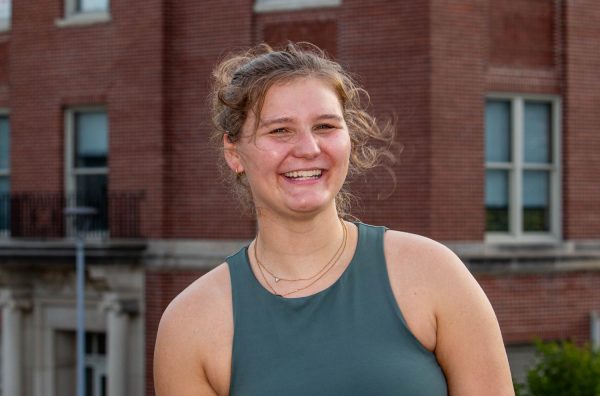Faculty have a message for all 9,021 students at UNI: “We are here for you.”
When Ana Kogl, a political science professor, noticed some of her students were upset about the Iowa Board of Regents’ (BOR) recent decision to pass recommendations limiting Diversity, Equity and Inclusion (DEI) programs at Iowa’s public universities, she wanted to take action.
A member of Faculty Senate, the representative group for UNI’s faculty, Kogl decided they should somehow communicate their support to students.
Unsure of how her idea would be received, she reached out to communication and media professor Melissa Dobosh – Chair of the University Faculty Senate.
“I loved it,” Dobosh said. “I thought she hit upon a lot of the concerns many students are having. Diversity, equity and inclusion have become these kinds of political terms at this point, but at the end of the day of us faculty, we care about our students.”
With the encouragement from Dobosh, Kogl began to write the statement – with students at the forefront of her mind.
“I really thought of it as a way of simply expressing support, respect and even affection,” Kogl said. “Honestly, I really have tremendous affection and respect for my students. I feel like it does sound kind of corny, I wouldn’t have written it if I hadn’t been emotionally motivated by my students being upset.”
Dobosh also reflected the importance of putting students first, and said ensuring students feel respected and welcomed on UNI’s campus is a top priority for her and other faculty.
“We are here to support all of our students,” Dobosh said. “Whatever their background, however they identify, whatever challenges they have or don’t have – we’re here for all of them.”
While Kogl was urged to take action from the BOR decision regarding DEI, she said the statement should not be interpreted as inherently political.
“What we’re trying to do is enable students to be good citizens in the political regime we have – which is a democracy,” Kogl said. “To me, being fully inclusive of students with a wide range of possible needs is not even really very political. That’s just good education. I wrote this statement more as an educator than as somebody with a particular set of political views.”
Dobosh also reiterated how this statement is not intended to be political, but to instead be a positive and reassuring message for students.
“I think every student is unique,” Dobosh said. “We are all so much more than the categories we have. I want to get down to what this really means in practice, and that as faculty, we’re here in the day-to-day support of our students and help them get the best education they need so that every single student can hopefully leave here set up for success.”
Beyond this official statement, Kogl said she hopes faculty recognizes the importance of creating supportive communities for students.
“I hope faculty understand how hard it is right now for a lot of students,” Kogl said. “We are still in the wake of the pandemic. There are a lot of students who feel like they’re not only in a small minority on this campus, but they feel kind of culturally out of place. I hope faculty don’t misunderstand what the Regents did as being more restrictive than it actually is, because it’s challenging enough without people imagining even more limitations.”
After some minor revisions, the statement passed unanimously in one of the senate’s recent meetings. Kogl said she was “pleased” with the outcome, and hopes it serves as a “gesture of care and solidarity.”
“We need to be a campus of caring,” Kogl said. “And faculty who feel underpaid and unappreciated have a hard time being caring. When faculty feel like our jobs might be on the line because of some of these politics or if we feel insecure about the budget situation or whatever it may be, it makes it harder.”
She continued, “Caring does require energy and time, but I also get back so much from students when I have more of a relationship with them.”


